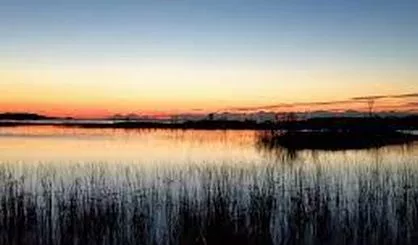
The U.S. Department of the Interior has ordered name changes for nearly 650 sites on federal lands, in Michigan and across the country, containing the racist term “squaw.”
An agency task force conferred with dozens of federal agencies and 70 tribal governments, and took more than 1,000 public recommendations, then released its final report last week.
Amy Stillman, director of Native American Studies at the University of Michigan, said there is no legitimate reason to ever use an ethnic slur to name a public place or location.
“When the names incorporate stereotypes that are hurtful and offensive to Indigenous people, then that’s doing violence to the relationship that Indigenous people have to those places,” Stillman asserted.
In 2021, Interior Secretary Deb Halland, the first Native American to serve as a Cabinet secretary, ordered a review of geographical sites on federal lands with names using the misogynist term. The report named 24 sites in Michigan and assigned them new names.
Stillman pointed out while the word has been in use since the early colonists arrived in the 1600s, its meaning has evolved from an Indigenous term for a female friend or wife to its use today as a derogatory stereotype. She said efforts to remove the term from everyday use are overdue.
“To remove the word squaw is the symbolic gesture that acknowledges the inappropriateness of that word in place names,” Stillman contended.
Brad Parry, council member of the Northwestern Band of the Shoshone Nation and consultant for the Natural History Museum at the University of Utah, believes the current movement to remove the term from geographic places gained notoriety in 2003 when then-Gov. Janet Napolitano pushed to rename Arizona’s Squaw Peak to honor Iraq War casualty Lori Ann Piestewa.
He said it symbolized the need for change.
“Removing that is assisting history,” Parry emphasized. “These people weren’t savages. They were dehumanized. Some of those things happened. But now we can move forward and just say, hey, our women are women, and they’re equal, and they’re important. They don’t have to go by a derogatory term.”








